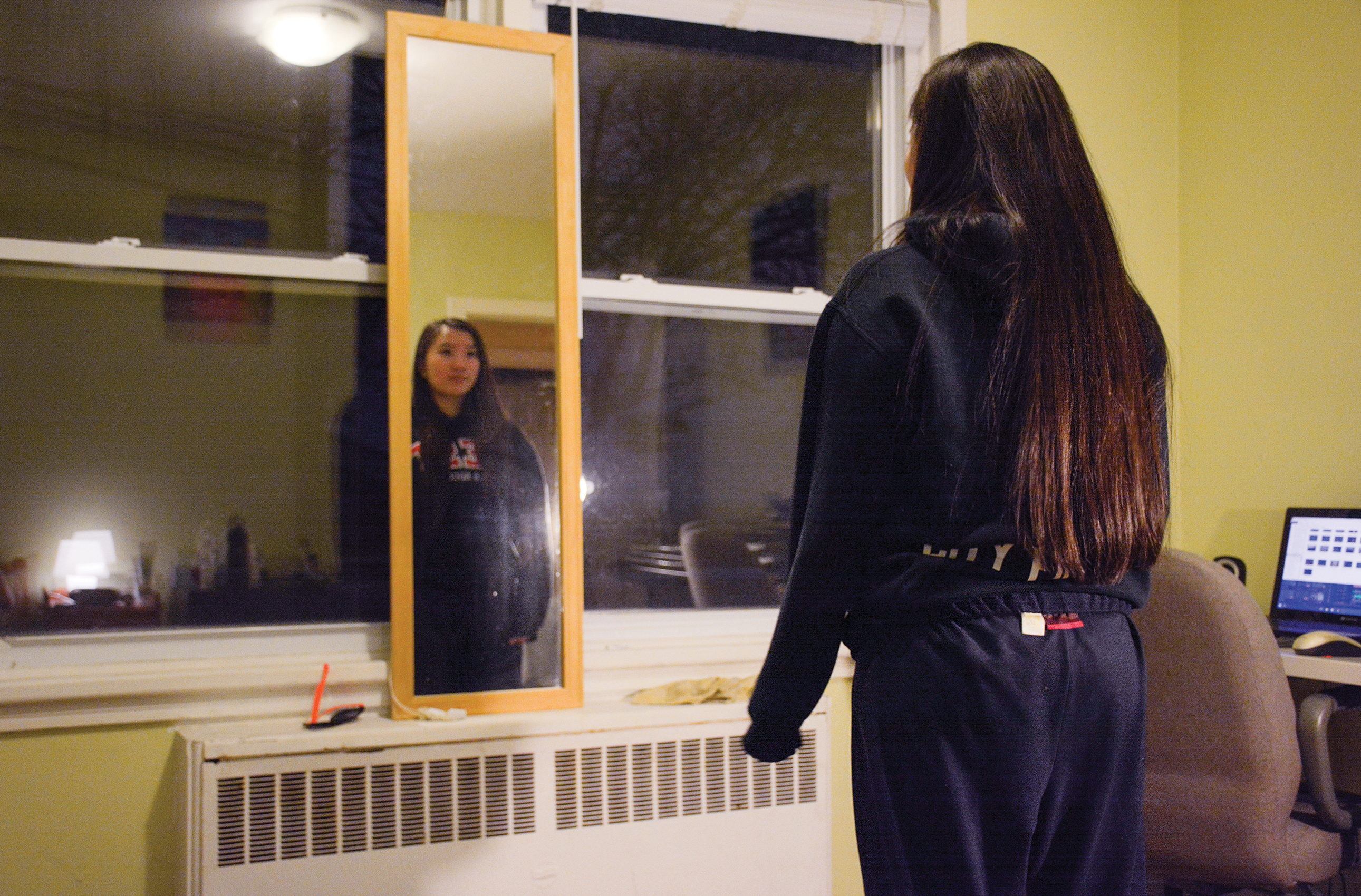Study finds link between non-self-determined behaviour and body negativity
A new study by a group of University of Ottawa researchers is providing a deep dive into issues surrounding women’s body image.
More specifically, they are looking to discover why so many women engage in “fat talk,” or self-deprecating comments like “I feel fat” and “I hate my thighs.”
This study, titled “Why do women engage in fat talk? Examining fat talk using Self-Determination Theory as an explanatory framework,” was conducted by four researchers, all of whom hail from the U of O’s School of Psychology.
According to Camille Guertin, a PhD student who was one of the four academics responsible for putting this research together, her focus of study is on eating disorders, which lends itself nicely to this kind of subject matter.
“Everything that I research is always on eating behaviours and how to motivate people to engage in healthy eating,” she said. “Fat talk is based on a sociocultural model of eating pathology … Fat talk is a consequence of that (so) people that are pressured to be thin or endorse the thin ideal are going to be prone to eating disorders.”
Guertin’s study notes that there have been no studies prior to this one that have examined the relationship between individual goals and motivation and the prevalence of fat talk, or the relationship between fat talk and eating regulation.
With this in mind, Guertin teamed up with four research partners—Dr. Luc Pelletier, Kheana Barbeau, and Gabrielle Martinelli—to address this blind spot.
To gather the data necessary to complete this study, the team submitted an online questionnaire to 453 female undergraduates, aged 17 to 50, over a period of four months through the Integrated System of Participation in Research program.
Using the self-determination theory, a basic theory of human motivation, this questionnaire was meant to examine the motivational processes behind each individual’s use of fat talk and its possible association with unhealthy eating behaviours.
After compiling all the necessary data, Guertin said they were able to conclude that “fat talk” was closely associated with “non-self-determined” behaviour, or actions that occur because people feel external pressure to do something.
“You don’t know why you are doing the behaviour, or you feel guilty if you don’t do the behaviour,” explained Guertin.
Conversely, self-determined women, who put more of an emphasis on intrinsic goals like health, were significantly less likely to engage in negative body talk.
Guertin believes that this research reinforces that body negativity is a pervasive problem in our society, but also points to the individual’s motivation as an underlying determinant of whether they engage in healthy self-talk and eating habits—and this is research she hopes to continue in future.
“I think we are all exposed to it, and when you are not aware of the consequences you kind of engage in it without realizing it,” said Guertin. “And I think it’s really good be aware of that … rather than contributing to the thin ideal and the way you look.”





